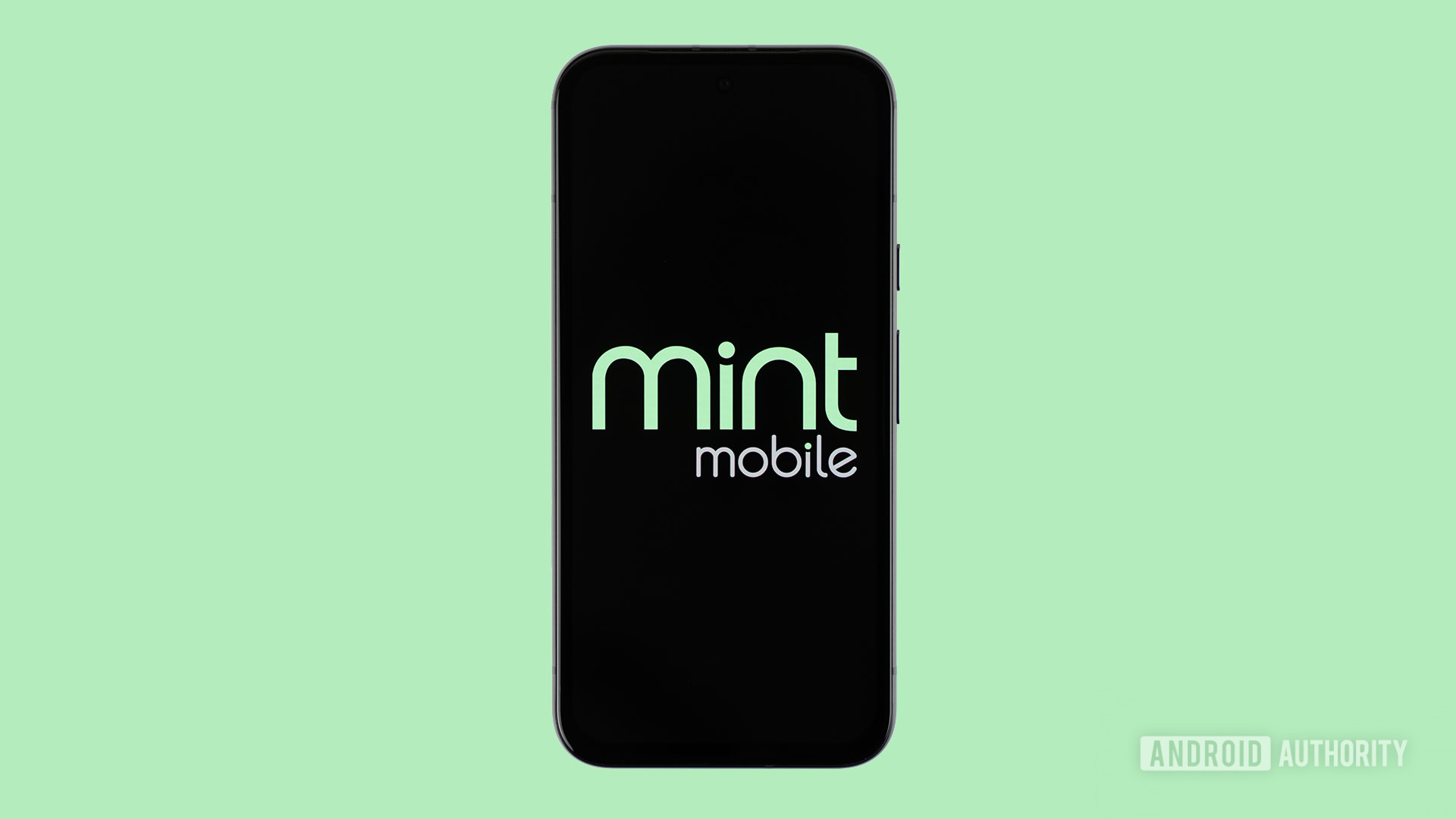On Tuesday, the world’s largest and most influential consumer electronics show CES 2024 kicked off in Las Vegas. Generative AI, AI-powered PCs, AI chips, emerging display technologies, XR, robots, wearable devices, and smart driving software are among the highlights of this year’s four-day exhibition. There are over 4,000 participating companies at CES 2024, with more than a quarter coming from China, according to CES.
Why it matters: Chinese companies at CES gain global exposure, connecting with international partners and potential investors to showcase their products and expand markets. The premier tech event, which enhances Chinese brand visibility and provides insights into the global innovation ecosystem, fosters a healthy global competitiveness.
Details: Here are some of the most influential Chinese exhibitors and their products:
- Of the Chinese corporations attending, TCL has the largest exhibition space of nearly 1,700 square meters, showcasing the world’s largest 115-inch QD-Mini LED high-end TV as its centerpiece. The technical challenge of the TV lies in its massive screen, which still achieves a high display brightness of up to 5,000 nits. TCL has also introduced a self-developed Mini LED image quality enhancement chip called AiPQ ULTRA, which is expected to enter mass production later this year.
- Lenovo has unveiled more than 10 PC models equipped with AI capabilities, including the ThinkPad X1 Carbon business laptop that features built-in CPU, GPU, and NPU engines. Another notable product is the ThinkBook Plus Gen 5 Hybrid, which switches fluidly between Windows and Android systems. On the software front, Lenovo has also unveiled AI Now, a PC assistant developed on Alibaba’s answer to ChatGPT TongYi QianWen, which the company says enables natural language interaction in scenarios related to work, study, and device management. AI Now is expected to launch in the first half of 2024 and will be integrated into the latest ThinkPad products.
- ASUS launched the 2024 edition of the Zenbook S 13 OLED laptop (UX5304), featuring Intel Core Ultra 5/7 chips and claimed as the world’s thinnest 13.3-inch laptop as part of the show. Thinner than the MacBook Air M2 at 11.3mm, the ASUS Zenbook S 13 OLED laptop is extremely lightweight at just 1kg.
- Asus Republic of Gamers (ROG) also announced its latest gaming smartphone, the ROG Phone 8 series, featuring a Snapdragon 8 Gen 3 processor and AI functions. Its AI Grabber feature can directly extract text from games, while its Semantic Search enables contextual searches within the user’s photo album on their device using keywords.
- Dreame used CES 2024 to release the Robotic-mower A1, a lawn mower that can assess its surroundings and intelligently identify objects it encounters. The A1 saves homeowners hours of time, the company says, and features patented high-precision 3D laser sensor technology, an OmniSense 3D ultra-sensing system, and a U-Path mowing plan program. With centimeter-level positioning, the company claims effective mowing is guaranteed.
- BOE is showcasing its game-changing automotive display technologies, such as the oxide TFT, flexible OLED, 8K, Mini LED, and BD Cell, at the fair. In terms of oxide TFT (thin-film-transistor) technology, the company debuted the world’s first 45-inch 9K oxide TFT Mini LED display. Another innovation is the 14.6-inch 2.5K oxide TFT display, which boasts high transmittance, high contrast ratios, a wide color gamut, slim bezels, and high cost-effectiveness.
- Ecovacs, a robot vacuum company, is presenting a diverse range of products at CES 2024. These include the Winbot W2 Omn (a robot window cleaner), the Deebot X2 Combo (a wireless handheld stick vacuum designed for the Deebot X2 Omni), and a robotic lawn mower. The Deebot X2 Combo comes with upgraded hands-free capabilities and precision for cleaning floors, drapes, ceilings, and more, according to the company, which adds that their products enable users to “enjoy a fully automated era of whole-house cleaning.”
Context: In January last year, 493 Chinese companies took part in CES 2023, less than half the number from three years earlier, according to South China Morning Post. The absence of leading Chinese companies at the time was attributed to geopolitical tensions and pandemic-related travel restrictions.
Related










